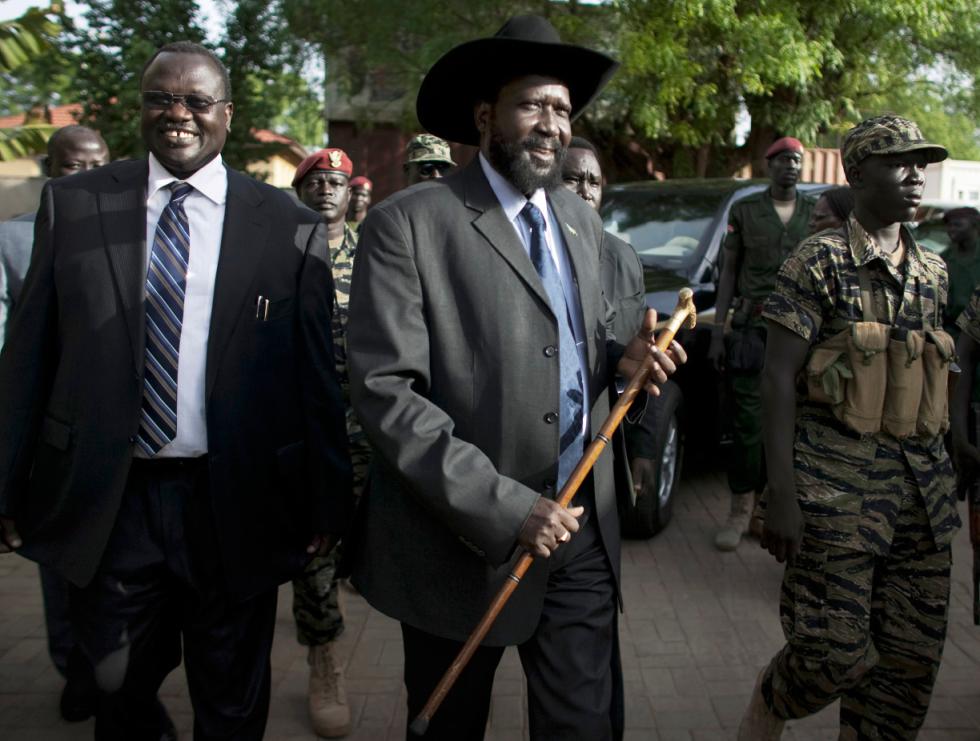
JUBA: The metal gates are still twisted where troops in December 2013 stormed the house of South Sudan's now new Vice President Riek Machar, as war erupted leaving tens of thousands dead.
But on Tuesday, just a stone's throw away in his heavily-guarded state house, President Salva Kiir called the matter an "incident" as he welcomed the rebel chief turned "brother" Machar back to Juba, saying his return marked "the end of the war and the return of peace and stability".
South Sudan peace deal 'at risk' after Machar no show: monitors
Peace doves were released, and after Machar was sworn into office, the two men stood alongside each other with hands on hearts, as a red-coated band played the national anthem, "God bless South Sudan."
Hopes are high but the challenges -- and the expectations the new government will swiftly solve them -- are huge, analysts warn.
Many are cautious, pointing out that the pair have previously fallen out, fought, made up and fought again.
Machar, who returned to the post of vice president that he was sacked from five months before war broke out, said he wanted to work for "full implementation" of an August 2015 agreement "to make sure peace breaks out all over the country".
For now, the war-weary population appears to be breathing a sigh of relief that for once, there is some hope for peace.
"We want the killing to stop," said Teresa Nyadet in Juba, a 58-year old mother of eight, one of over 180,000 living behind the razor wire protection of UN bases across the country.
"We women, we want peace in South Sudan, and Machar must make sure the kind of life we are in stops."
The next few weeks will be critical for persuading people the country has turned a corner.
"I am happy that Riek Machar has come, as this means that we are now going to get out of the camp," said Elizabeth Akol, a mother of four, also at a UN base in Juba.
"We are tired and have suffered a lot."
The conflict, which has torn open ethnic divisions, has been characterised by horrific rights abuses, including gang rapes, the wholesale burning of villages and cannibalism.
Armed men from South Sudan kill 140 in raid in Ethiopia
Ensuring that the sides work together in a unity government, and that the thousands of rival armed forces now in separate camps inside the capital keep their guns quiet, will be an even bigger challenge.
Both sides remain deeply suspicious, and there is continued fighting between multiple militia forces who now pay no heed to either Kiir or Machar.
Jok Madut Jok, who heads the Juba-based Sudd Institute think-tank, warned the return was only one of many steps.
"The people of South Sudan may be holding their breath for the war to end... but I think they should also be cautious not to let down their guard," Jok said.
Both Kiir and Machar are former rebel leaders who rose to power during Sudan's 1983-2005 civil war between north and south -- a conflict in which two men fought each other -- before South Sudan won independence in 2011.
Jok warned the old rivals "may disagree on several things along the way of the implementation, and that could easily return the country to a very messy situation".
Machar's return to a country awash with weapons was stalled for a week by arguments that at one point came down to a dispute over some two dozen rocket-propelled grenades and machine guns that his security detail was allowed to have.
The pair now face far bigger problems.
The economy is in ruins, inflation has eroded savings and salaries, and without another round of massive international support there is little cash to rebuild and prove that the profits of peace are better than those of war.
UN chief urges rival South Sudan leaders to form government soon
With more than five million people in need of aid and more than two million forced to flee this homes, aid agencies who are struggling to support them said they welcomed any move towards peace but that the crisis was far from over.
"Though the peace process resolves some national level political disputes, it does not resolve escalating humanitarian and protection needs on the ground," said Victor Moses, who runs the Norwegian Refugee Council aid agency in the country.
Others warned that without justice to address the horrific abuses carried out by all sides, reconciliation would not be possible and hatred would fester.
John Prendergast, who played a key role in drumming up US-backing for South Sudan's independence in 2011 and who now runs the Enough Project campaign group, warned the root causes of the conflict remained unaddressed.
"Forming a government with the same actors responsible for the collapse of the economy and atrocities holds open the possibility that grand corruption will return to its pre-war patterns," Prendergast said.
"Without an emphasis on consequences for gross corruption and atrocities, it's unlikely the deadly patterns will be broken," he added.
But it is the best chance yet for peace. Archbishop Daniel Deng Bul, the Episcopalian Archbishop of South Sudan, has spent decades overseeing peace efforts in South Sudan.
"Now is the time for forgiveness, because we have to put all this behind us," said Bul.
"Let's give peace a chance."































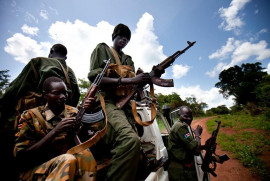
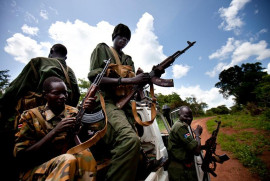
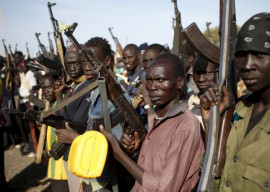
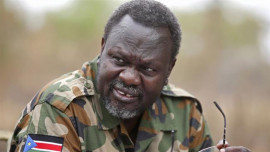
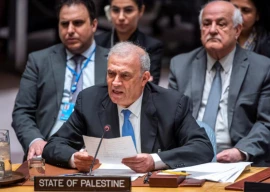

























COMMENTS
Comments are moderated and generally will be posted if they are on-topic and not abusive.
For more information, please see our Comments FAQ